Best Practices Articles

What is the Meaning of Partner Sales Enablement?
Over the past couple of decades, two major channel management automation platforms have attracted widespread attention: partner relationship management (PRM) automation and partner marketing management (PMM) automation. However, the most important area in channel automation—an area that has been neglected and remains a major opportunity—is partner sales enablement or partner sales management. If you are considering an investment in channel automation, you should look at partner sales enablement automation first. Why? It’s simple: If you can make your current reseller even 10% more productive (selling more at the same channel investment rate), the result will be a huge impact on both your top and bottom lines—and it can happen almost instantly.
Before we delve into the details, let’s very briefly discuss partner sales enablement and how you can make this happen, either through the infrastructure you have today or by investing in a partner sales enablement automation platform. Partner sales enablement has two core points of focus: 1) contextual sales training and enablement (i.e., during the selling process), which leverages the relative wealth of sales resources vs. technical or marketing resources; and 2) buyer engagement tracking and measurement to assess how the end buyer is engaged in the sales process.
In addition to this two core areas of focus, your partner sales enablement program or platform should have other core capabilities such as a content management system (CMS) for you to upload and set up training materials, sales slicks, price lists, battle cards and other tools. But in the end, the primary focus of partner sales enablement is driving sales productivity by using all of the content and resources you have today, making those resources available when the sales rep needs it, and gaining insight into the interaction and engagement with the end buyer. Why does all of this matter? Because of the following reasons:
- Sales people are overwhelmed. Most sales people have to deal with half a dozen product lines, if not more. With the rate of changes that are happening in the market place, it is almost impossible for them to be fully conversant with every product or service they are selling.
- All sales people are not created equal. While many great sales people are highly organized and can absorb a lot of complex content, they are not all equally capable. Therefore, making relevant content available for them to learn from as a part of the sales process reduces the overload. It also makes them better learners in the long run.
- Sales people should be treated as consumers of content. Product marketing tends to create volumes of materials and content, but organizations rarely understand what is actually effective or not. When they have a system that allows content delivery in stages, as well as precise tracking of consumption patterns, product marketers can become much more effective in creating useful content
- Sales people should be able to track engagement. It is not unusual in the B2B selling process for buyers to disappear, leaving sales people wondering whether they did something wrong or whether the buyer simply lost interest. Disappearing buyers are not necessarily a reflection of the inability of a sales person to make the buyer confident. B2B selling is complex, and at times the decision process halts or slows down internally due to a variety of reasons. That’s why it’s so important for the sales person to be able to track interactions and outcomes in detail and gain a more systematic and nuanced understanding of what’s working and what isn’t.
- Selling is a competitive sport. An effective partner sales enablement platform can offer leader boards, gamification, rewards alignment, and other motivators to create a highly competitive—yet sharing—environment. Gone are the days where sales people are expected to smile, dial and close. Today most B2B sales people are assumed to be sales or solution consultants, roles that requires deeper knowledge of the customer’s environment. This is where cross-learning and sharing are critical.
Partner sales enablement automation can be a big help in establishing a distributed sales team that connects, collaborates and communicates to become more effective. It can also create a highly competitive and transparent selling environment, and encourage increased sharing among reps and teams. The great news is there are multiple tools available for direct sales teams, and new partner sales enablement automation solutions are being offered by several companies—including ZINFI.
A typical deployment cycle for partner sales enablement typically takes two to three months. It takes about a month or so to organize content that is already available and tag it by sales stage and by product line. Once the content has been organized, the next step is training the sales team and making them aware of how to use the existing content and tools to track buyers’ engagement. Once these two steps have been completed, a partner sales enablement platform is ready for rollout and can start producing results.
Best Practices Guidebook
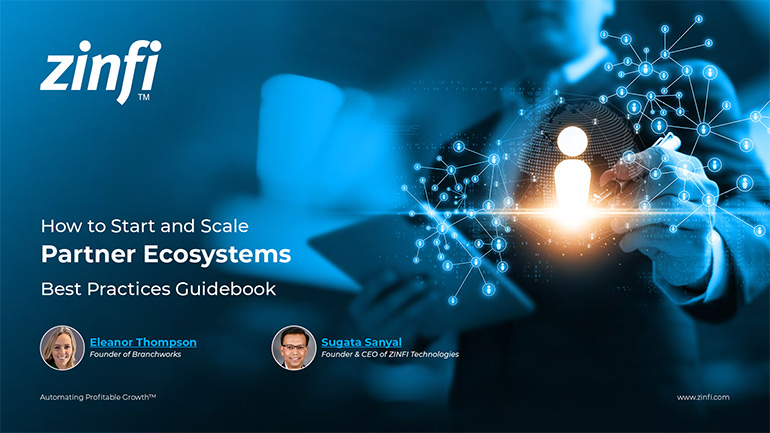 How to Start and Scale Partner Ecosystems Best Practices
How to Start and Scale Partner Ecosystems Best PracticesDownload Guide
 The Evolution of PartnerOps: Past, Present & Future Best Practices
The Evolution of PartnerOps: Past, Present & Future Best PracticesDownload Guide
 Mastering Channel Sales: Strategies, Best Practices, and Growth Tactics for 2025
Mastering Channel Sales: Strategies, Best Practices, and Growth Tactics for 2025Download Guide
 Winning with Partner Advisory Councils: Best Practices for Partner Engagement & Growth
Winning with Partner Advisory Councils: Best Practices for Partner Engagement & GrowthDownload Guide
 The Future of Partner Ecosystems Best Practices
The Future of Partner Ecosystems Best PracticesDownload Guide
 The AI Revolution: How Technology and Talent are Shaping the Future
The AI Revolution: How Technology and Talent are Shaping the FutureDownload Guide
 Top 105 Partner Management Metrics that Matter Best Practices
Top 105 Partner Management Metrics that Matter Best PracticesDownload Guide
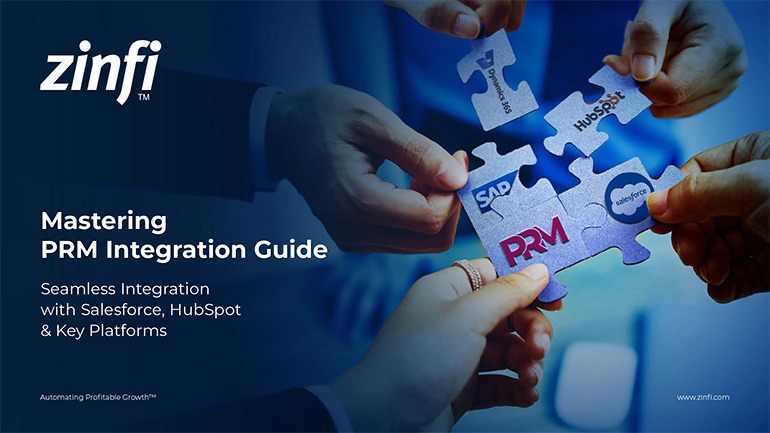 Mastering PRM Integration Best Practices
Mastering PRM Integration Best PracticesDownload Guide
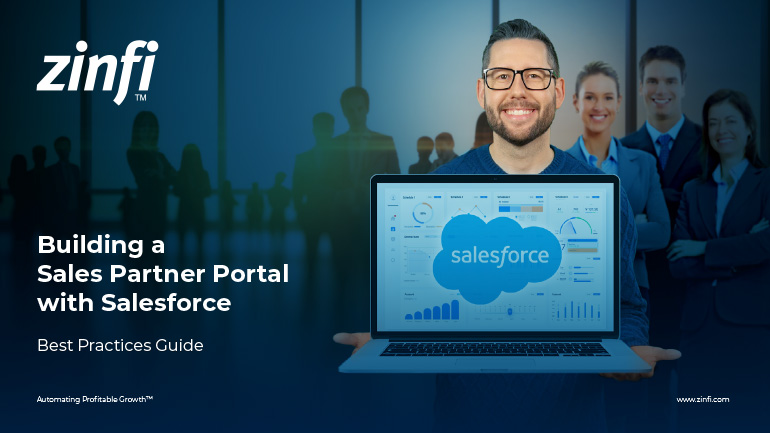 Building a Sales Partner Portal with Salesforce Best Practices
Building a Sales Partner Portal with Salesforce Best PracticesDownload Guide
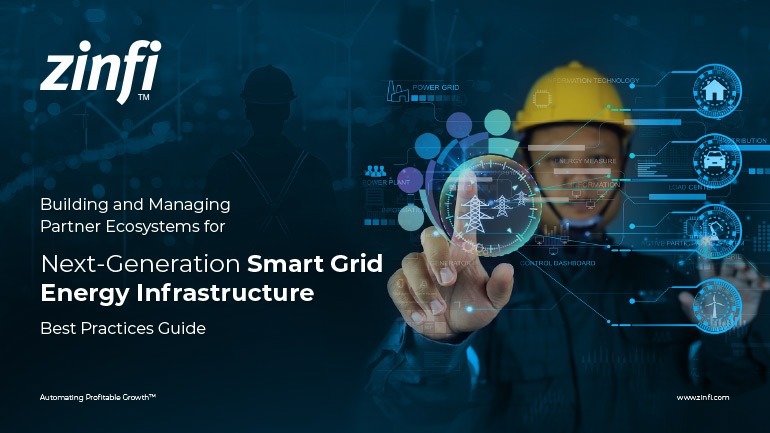 Building and Managing Partner Ecosystems Best Practices
Building and Managing Partner Ecosystems Best PracticesDownload Guide
 Mastering Co-Marketing and Co-Selling Best Practices
Mastering Co-Marketing and Co-Selling Best PracticesDownload Guide
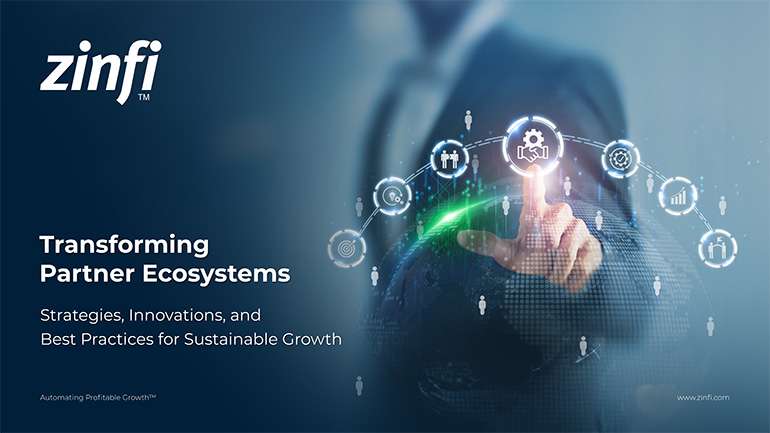 Transforming Partner Ecosystems Best Practices
Transforming Partner Ecosystems Best PracticesDownload Guide
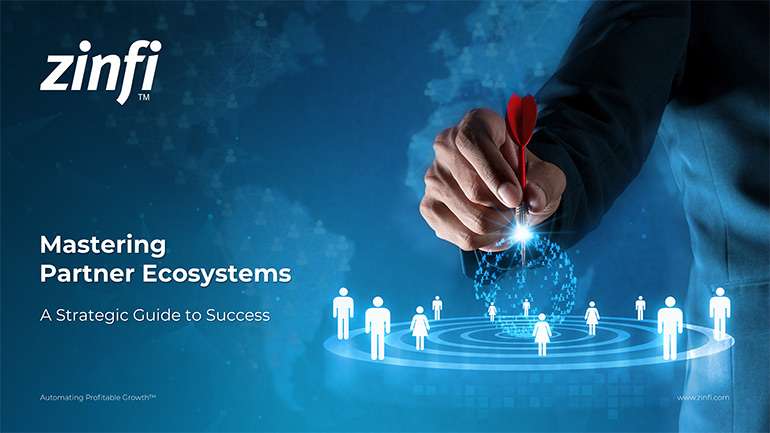 Mastering Partner Ecosystems Best Practices
Mastering Partner Ecosystems Best PracticesDownload Guide
 Mastering Partner Onboarding Best Practices
Mastering Partner Onboarding Best PracticesDownload Guide
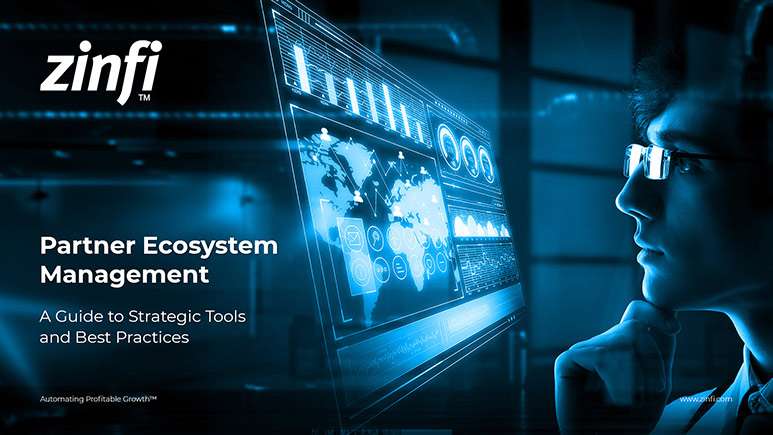 Partner Ecosystem Management Best Practices
Partner Ecosystem Management Best PracticesDownload Guide
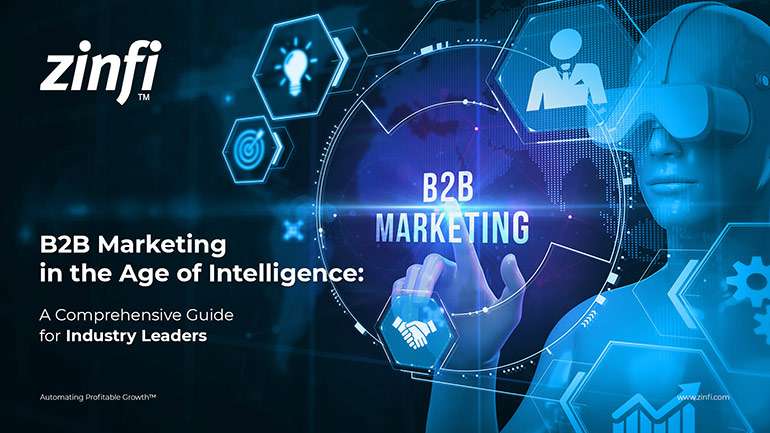 B2B Marketing in the Age of Intelligence Best Practices
B2B Marketing in the Age of Intelligence Best PracticesDownload Guide
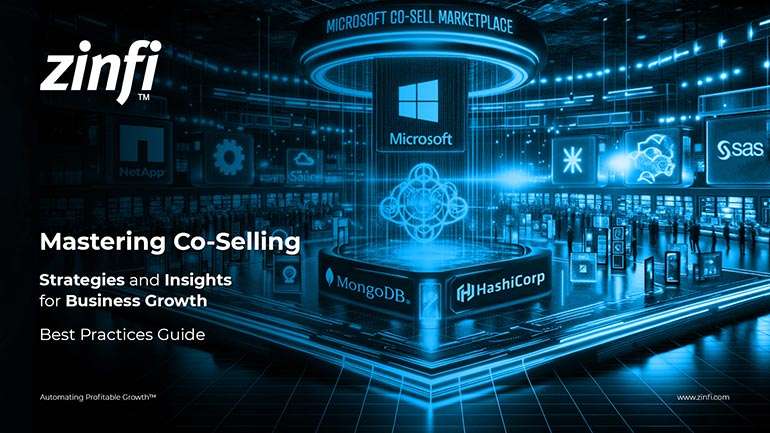 Multi-Partner Co-Selling Best Practices
Multi-Partner Co-Selling Best PracticesDownload Guide
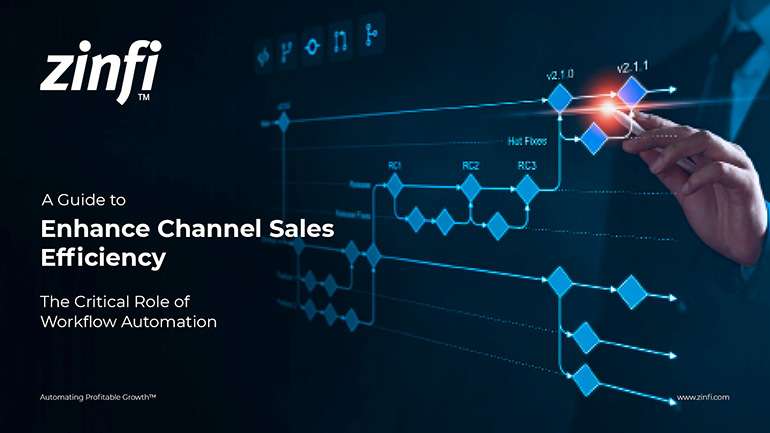 A Guide to Enhance Channel Sales Efficiency
A Guide to Enhance Channel Sales EfficiencyDownload Guide







